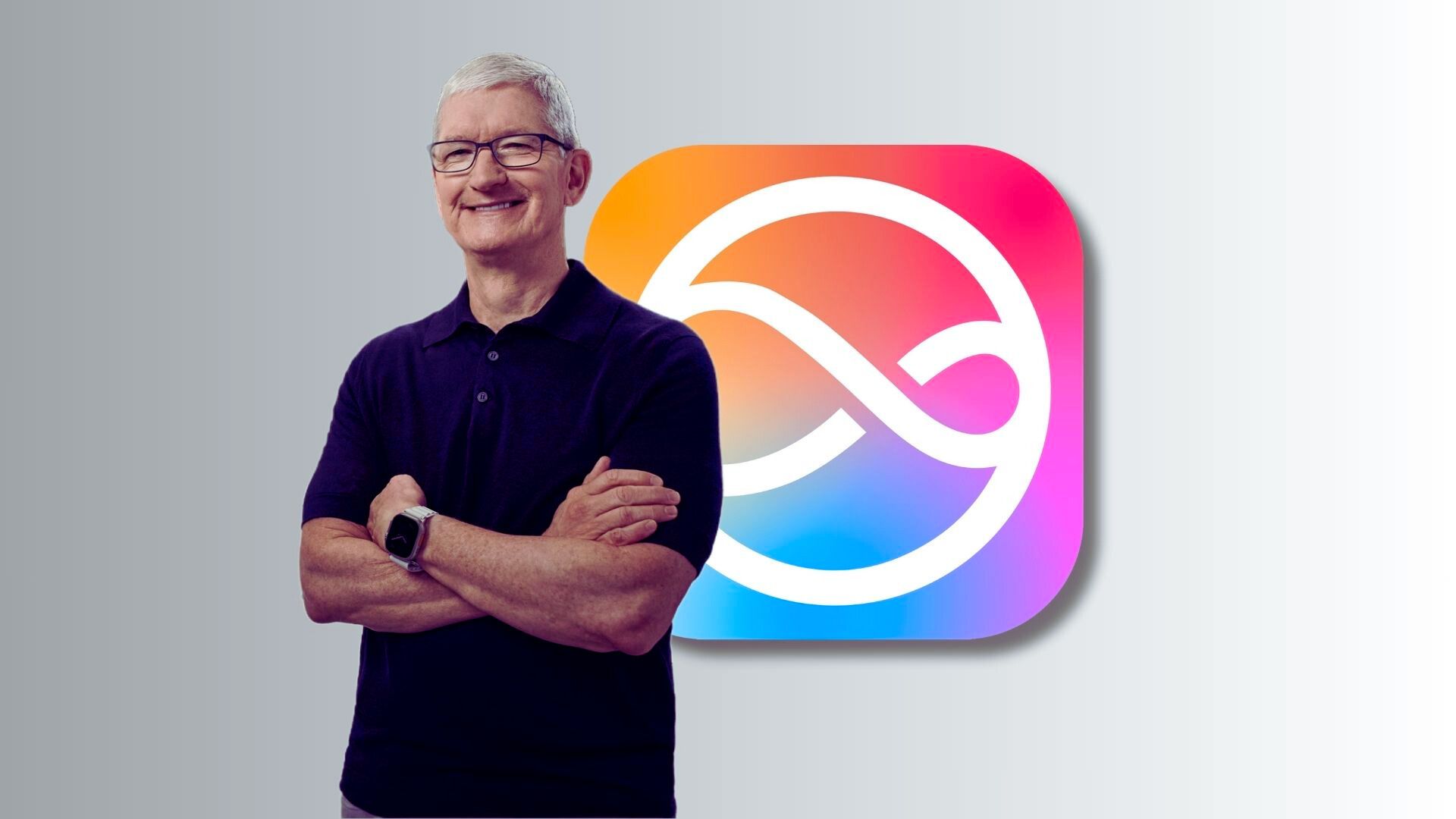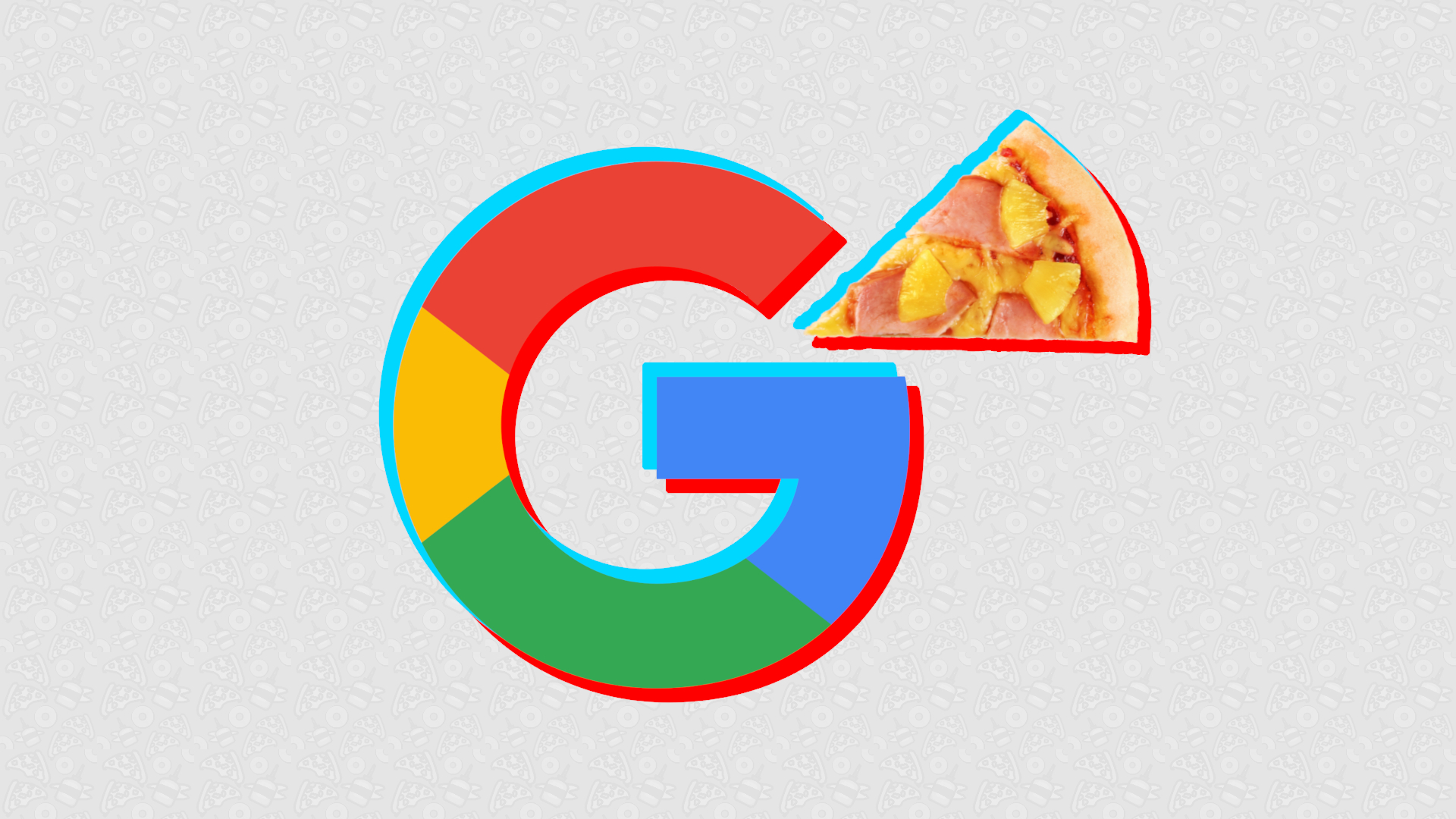Apple joins Google, Microsoft and more in committing to new AI safety guidelines: What it means for you
Apple joins a growing list of AI companies dedicated to new safety regulations. It's a win-win for users.

This weekend, Apple joined Google, Microsoft, Meta, OpenAI, and other leading AI companies in voluntarily agreeing to new regulations that will ensure AI tech is safe, secure, and private for users.
The new safeguards stem from an executive order the Biden administration issued in October 2023 titled "Executive Order on the Safe, Secure, and Trustworthy Development and Use of Artificial Intelligence." This executive order outlined 270 actions the administration aimed to implement to address safety and privacy concerns surrounding AI.
The news comes as Apple is gearing up to launch its new Apple Intelligence AI platform this fall.
Apple agreeing to these AI safety regulations is good news for users, too. Here's why.
Apple joins AI leaders in agreeing to new AI safeguards

Apple is now the 16th major tech company to voluntarily agree to a new set of AI safety regulations designed to protect users' safety and privacy.
The Biden administration announced Apple's move in a press release on July 26. According to the press release, the original 270 goals in the October 2023 executive order have all been completed, as well.
The press release notes, "Today, the administration announced that Apple has signed onto the voluntary [AI safety] commitments, further cementing these commitments as cornerstones of responsible AI innovation."
Get The Snapshot, our free newsletter on the future of computing
Sign up to receive The Snapshot, a free special dispatch from Laptop Mag, in your inbox.
Other companies that have already agreed to the regulations include Microsoft, Google, Amazon, and OpenAI.
This set of voluntary AI safeguards is one of the first pieces of legislation in the U.S. to establish regulations for the AI industry. It comes amidst growing concerns about data privacy and the safety of new AI tools, which have boomed over the past few years. In August 2023, the European Union launched similar legislation to address AI's safety and privacy risks.
How these new AI safeguards protect users

Apple joining Microsoft, Google, OpenAI, and others in signing onto AI safety regulations has a direct impact on users. It signals that these companies are willing to be held accountable for the safety of their AI products.
That's important to note since serious concerns about security and privacy in AI have been swirling for months now, involving everything from copyright concerns to data privacy.
AI safety regulations will help curb these risks and concerns by holding AI developers accountable.
For example, the new AI safeguards in the U.S. include guidelines for developing AI tools for education that are safe for students. The safeguards also include guidelines from the AI Safety Institute to help developers protect their AI products from misuse. There are even guidelines for the impact of AI on patents and copyright laws.
This means that AI tools from companies complying with the new regulations will be safer due to new standards for minimum protection against risks like data theft or the use of AI for generating inappropriate or harmful content.
Improved safety measures can even help prevent AI tools from giving users unsafe or inaccurate advice, such as the "glue pizza" incident involving Google's AI Search tool earlier this year.
"Hallucinations" like this can be humorous, but they can also mislead unsuspecting readers, such as children, who may not realize they're reading inaccurate information. So, safeguards to minimize those hallucinations not only improve safety but also result in better performance for all users.
Why AI safety regulations are crucial
These safety guidelines may be arriving at just the right time. Amidst the AI boom over the past few years, industry leaders are facing growing concerns about safety and privacy.
OpenAI has been embroiled in controversy after several leading members of its safety and ethics team quit earlier this year. Several former OpenAI employees released an open letter in June calling for greater safety and transparency from AI companies.
Similarly, one former OpenAI employee, Jan Leike, spoke out about his experience and concerns on X following his resignation back in May, commenting, "Over the past years, safety culture and processes have taken a backseat to shiny products."
Over the past years, safety culture and processes have taken a backseat to shiny products.
Jan Leike, former OpenAI employee
These calls for a greater emphasis on safety echo privacy concerns surrounding generative AI, as well. For instance, ever since the DALL-E image generator launched in 2022, there have been legal and privacy concerns about its potential impact on copyright infringement.
Meanwhile, individual users may be risking their personal data privacy when they use AI tools, some of which can collect user data for training purposes. Users have also had to learn how to spot AI-generated content in the news, which poses a serious risk of increasing the spread of misleading information.
By signing onto the new AI safeguards, Apple is signaling that its Apple Intelligence platform will respect users' privacy. This could be part of why Apple Intelligence's launch is delayed, but that may be a small price to pay for a safer, more secure set of AI features.
More from Laptop Mag
- Mark Zuckerberg shares an important message about the future of AI
- 'Generative AI was never off the table': Tim Cook candidly tells MKBHD about Apple's AI philosophy
- Can journalism assisted by artificial intelligence be trusted?

Stevie Bonifield is a freelance tech journalist who has written for PC Gamer, Tom's Guide, and Laptop Mag on everything from gaming to smartwatches. Outside of writing, Stevie loves indie games, TTRPGs, and building way too many custom keyboards.










